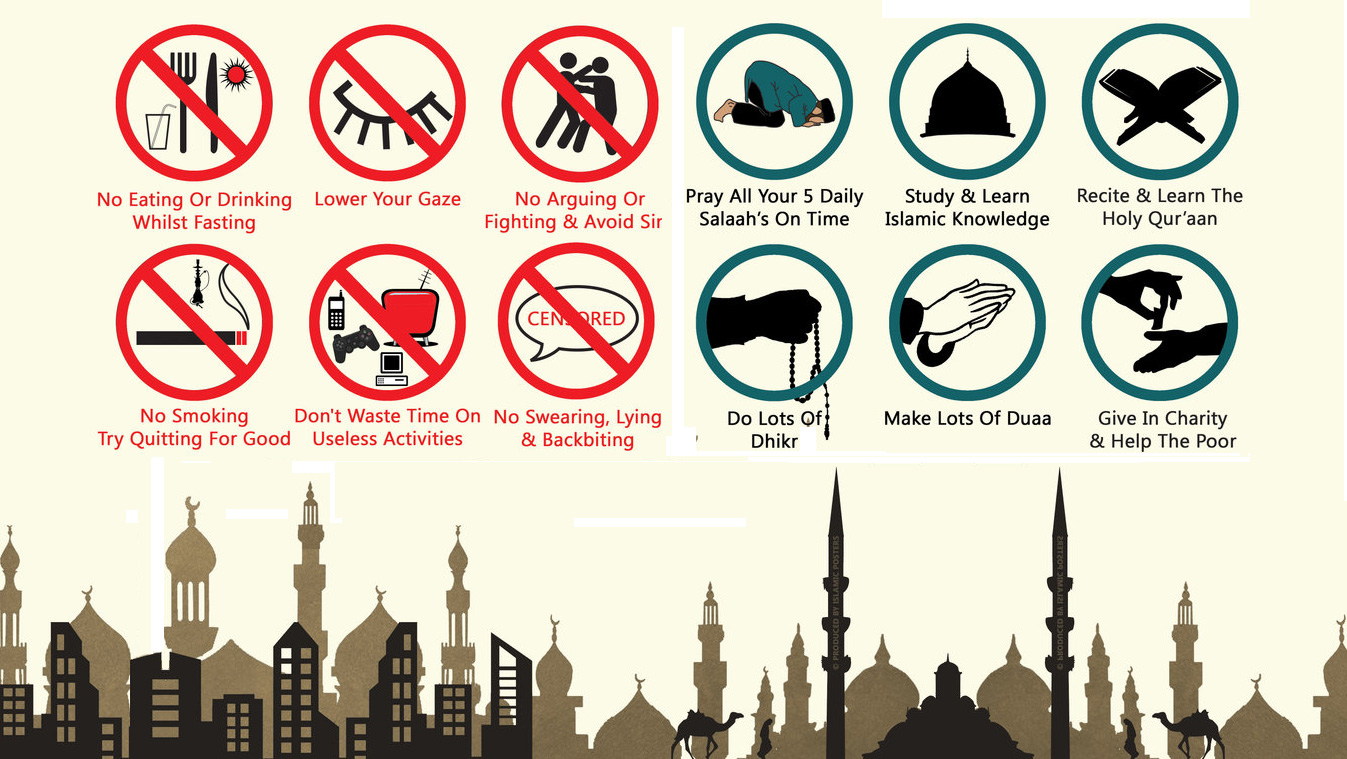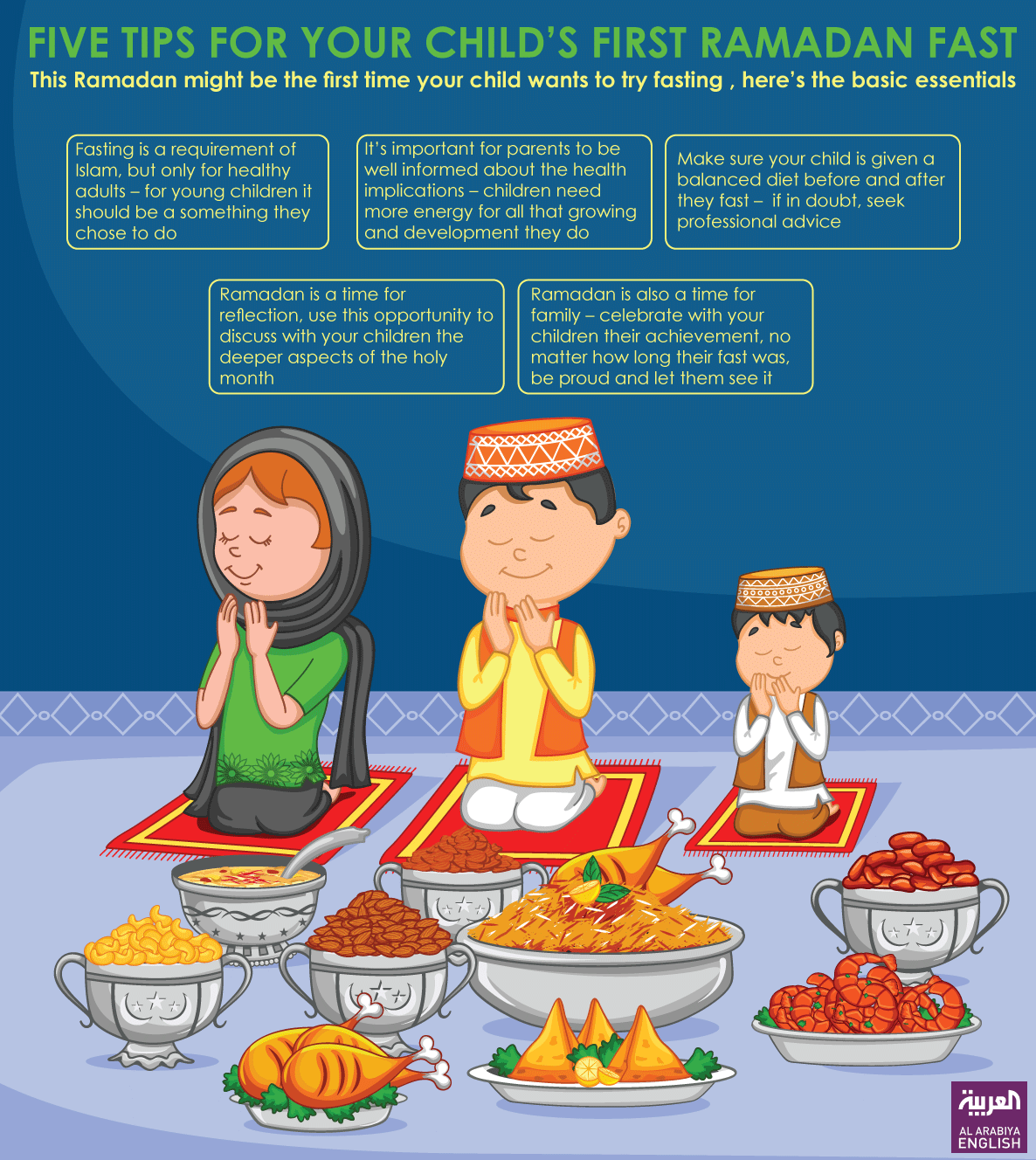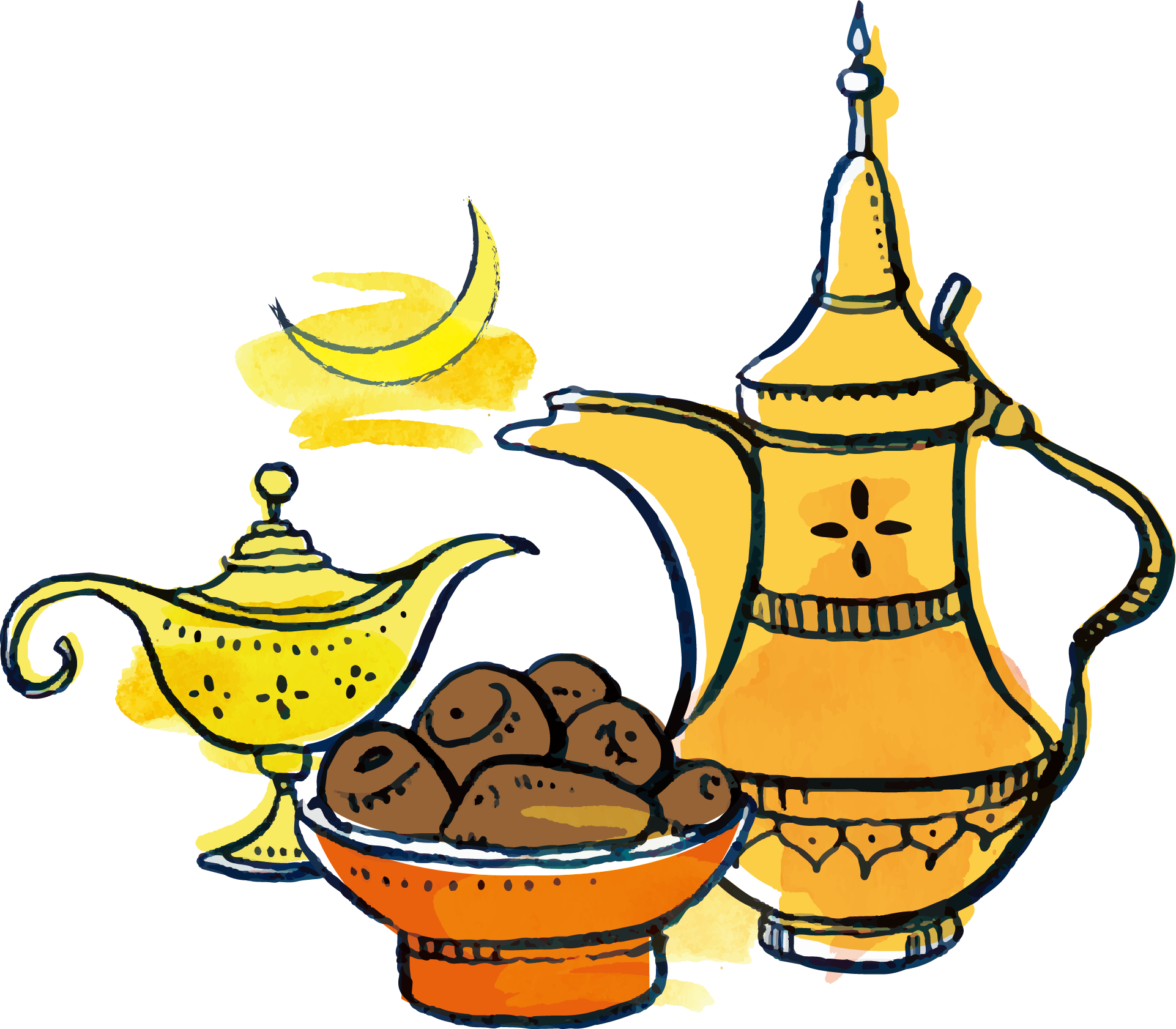Gallery
Photos from events, contest for the best costume, videos from master classes.
 |  |
 |  |
 |  |
 |  |
 |  |
 |  |
During the entire month of Ramadan, Muslims are obligated to fast (Arabic: صوم, sawm; Persian: روزہ, rozeh), every day from dawn to sunset. Fasting requires the abstinence from sex, food, drinking, and smoking. Ramadan, in Islam, the ninth month of the Muslim calendar and the holy month of fasting. It begins and ends with the appearance of the crescent moon. Islamic tradition states that it was during Ramadan that the Prophet Muhammad received the first revelations of the Quran. 3 of 10 | . Mohammed El-Dahshan, 38-year-old “mesaharati,” or dawn caller, accompanies his donkey wrapped with colored led lights to wake Muslims up for a meal before sunrise, during the Islamic holy month of Ramadan, in the Delta city of Dikernis, Egypt, about 93 miles (150 kilometers) north of Cairo, early Wednesday, April 12, 2023. According to Muslims, fasting in Ramadan means abstaining not only from food and drink, but also from sexual intercourse, lying, arguing, and back-biting. While fasting, Muslims must be careful to restrain their tongues, temper, and even their gaze. Ramadan fasting, also known as Sawm, is one of the Five Pillars of Islam – the core practices of the religion. It involves abstaining from food, drink, smoking, and sexual relations from dawn (Fajr) to sunset (Maghrib) each day for the entire month of Ramadan. Ramadan[b] (Arabic: رَمَضَان, romanized: Ramaḍān [ra.ma.dˤaːn]; [c] also spelled Ramazan, Ramzan, Ramadhan, or Ramathan) is observed by Muslims worldwide as a month of fasting (sawm), prayer (salah), reflection, and community. [9] . Emrah Gurel. FILE - Worshippers perform a night prayer called 'Tarawih' during the eve of the first day of the Muslim holy fasting month of Ramadan in Turkey at the Hagia Sophia mosque in Istanbul For Muslims, Ramadan is not just about fasting; it’s about reconnecting with the Quran’s timeless message and allowing it to renew and transform their hearts and minds. "You who believe, fasting is prescribed for you, as it was prescribed for those before you, so that you may be mindful of God." As a pillar/rukn, the fasting of Ramadan is for Islam a divine obligation/farḍ incumbent on Muslims. From this obligatory character, Islam has made many accommodations in view of the physical difficulty of fasting for one month . Ramadan is the ninth month of the Islamic lunar calendar, observed by practicing Muslims as a month of fasting, reflection, and prayer. It commemorates the first revelation of Muhammed and, as such, observance of the month is considered one of the five pillars of Islam. In Islam, fasting during Ramadan is a fundamental practice for all Muslims who have reached puberty. However, exemptions are made for individuals who face significant challenges. This includes those who are ill, elderly, or physically incapable of fasting. 10 Importance of Ramadan: Ramadan, the ninth month of the Islamic lunar calendar, is a sacred time for Muslims worldwide. It is a month of fasting , prayer, reflection, and community. The significance of Ramadan is deeply rooted in the Quran and the teachings of Prophet Muhammad (peace be upon him). Ramadan is the holy month when Muslims around the world observe fasting (Siyam) as an act of worship and obedience to Allah. Fasting during Ramadan is a way to purify the soul, strengthen faith, and develop self-discipline. Fasting is one of the Five Pillars of Islam, which means it is an essential practice for all adult Muslims. However Fasting in Ramadan is one of the Five Pillars of Islam. It is a time for self-discipline, gratitude, and seeking closeness to Allah. Muslims fast from dawn to sunset, avoiding food, drink, and sinful behavior while engaging in prayer, charity, and Quranic recitation. The reason fasting six days of Shawwal after Ramadan is like fasting for a year is because Allah multiplies good deeds by ten. The Prophet clarified in another narration, “Fasting the month of Ramadan is like ten months of fasting and fasting six days of Shawwal is like two months of fasting. Thus, they are like fasting for a year.” Fasting during the month of Ramadan is one of the five pillars of Islam which is of paramount significance. The Prophet (peace and blessings be upon him) said, “Islam is built upon five pillars: testifying that there is no god except Allah and that Muhammad is the Messenger of Allah, performing Prayer, paying the Zakah, making the pilgrimage to the Sacred House (), and fasting the month of Fasting in Shawwal (the month following Ramadan): One may follow the day of Eid-ul-Fitr with six days of voluntary fasting, during the Islamic month of Shawwal. The Holy Prophet (sa) is reported to have said that whosoever does so will be rewarded as if they had fasted perpetually. Iftar, a meal consumed to break fast.It is a sunnah to break fast with dates. In Islam, fasting (known as sawm, [1] Arabic: صوم; Arabic pronunciation: or siyam, Arabic: صيام; Arabic pronunciation:) is the practice of abstaining, usually from food, drink, sexual activity and anything which substitutes food and drink. Fasting is called sawm in the Qur’an. The word sawm literally means “to abstain”. In Surat Maryam, Allah tells that Mary the mother of Jesus said (“I have vowed a fast (sawm) for the sake of the Merciful, so today I shall not speak to anyone.”) (Maryam 19:26) The meaning is “I have vowed to abstain from speaking to anyone today.” Ramadan is the ninth month in the Islamic calendar during which the Holy Quran was sent down to the Prophet Muhammad (PBUH).. During this time, Muslims around the world fast from dawn to sunset, a command given to Muslims in the Quran itself, instructing believers to observe fasting as an act of devotion and self-discipline.
Articles and news, personal stories, interviews with experts.
Photos from events, contest for the best costume, videos from master classes.
 |  |
 |  |
 |  |
 |  |
 |  |
 |  |